Opening Hours - Morning 6am to 1pm | Evening 5pm to 8pm

Exercise is a vital part of treating the spine after injury or surgery. Active therapeutic exercises distribute nutrients into the disc space, joints and soft tissues in the back. A regular exercise routine helps patients improve mobility and strength, minimize recurrence, and reduces the severity and duration of possible future episodes of back pain.
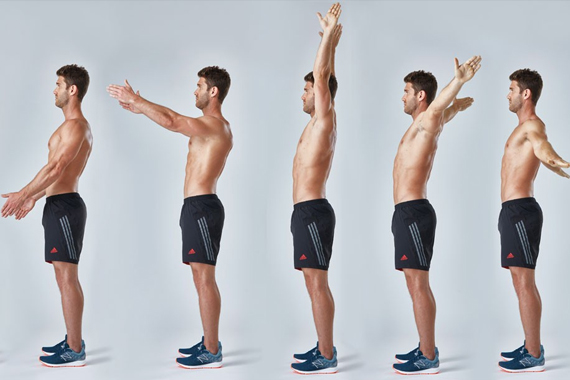
Physical therapy is an essential part of the rehabilitation system. In our program we use mobilizing physical exercises that are aimed at the improvement of mobility of the joints of both the spine and extremities, creation of new motor patterns, and acquisition of the necessary mobility for daily life skills. The exercises are performed following the rule "from center to periphery" so that the main influence is on trunk movement and proximal joints with gradual involvement of movement in distal small joints. New motor acts are taught first through passive movement, then through passive- active movement and finally through active movement. Simple movements are undertaken first, followed by more complex movements”. Daily sessions include breathing exercises, exercises for joint mobilization as well as strengthening exercises.
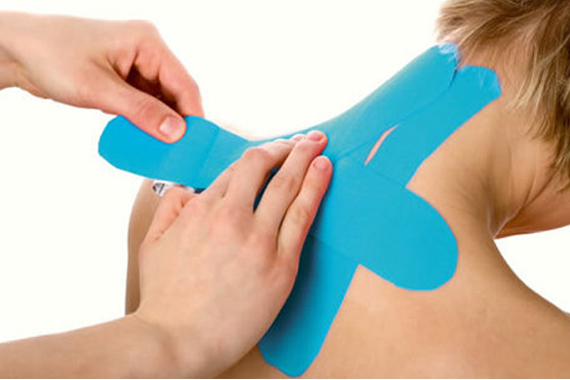
Kinesiology taping (KT) is a therapeutic tool and has become increasingly popular within the sporting arena. Taping has been used for a long time for the prevention and treatment of sporting injuries. KT is not only used for sporting injuries but for a variety of other conditions. It was developed by Japanaese Chiropractor Dr. Kenzo Kase in the 1970's with the intention to alleviate pain and improve the healing in soft tissues. There are many proposed benefits to KT, including: proprioceptive facilitation; reduced muscle fatigue; muscle facilitation; reduced delayed-onset muscle soreness; pain inhibition; enhanced healing, such as reducing oedema, and improvement of lymphatic drainage and blood flow
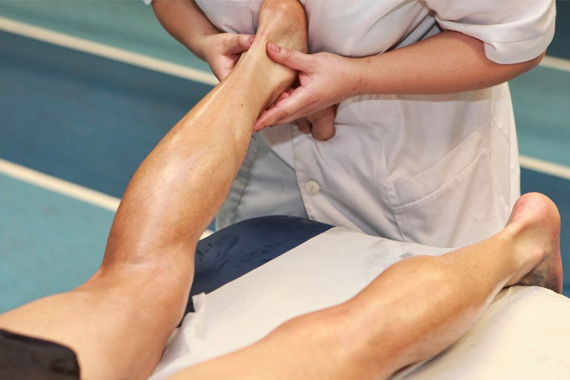
Myofascial Release is a safe and very effective hands-on technique that involves applying gentle sustained pressure into the Myofascial connective tissue restrictions to eliminate pain and restore motion. This essential “time element” has to do with the viscous flow and the piezoelectric phenomenon: a low load (gentle pressure) applied slowly will allow a viscoelastic medium (fascia) to elongate.
Trauma, inflammatory responses, and/or surgical procedures create Myofascial restrictions that can produce tensile pressures of approximately 2,000 pounds per square inch on pain sensitive structures that do not show up in many of the standard tests (x-rays, myelograms, CAT scans, electromyography, etc.)

The objectives of exercise programs are to facilitate musculoskeletal, circulatory, and respiratory adaptations that will make possible increases in strength, flexibility, and work capacity for safer and more enjoyable motion in work, play, and activities of daily living. In the twenty-first-century, exercise in any form has taken on new importance as the population changes. The sharp increase in the rate of obesity and the increase in active life span give new meaning to the idea of exercise for health.
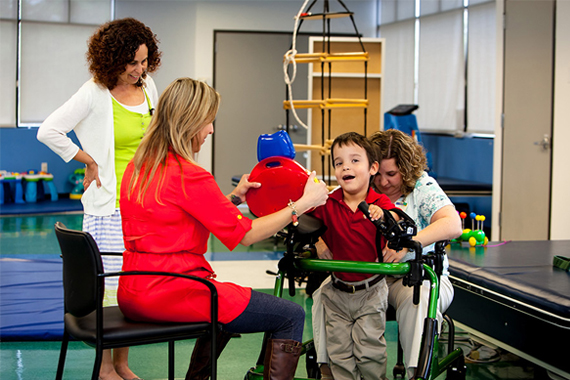
As a parent, you want to see your child grow, learn, become independent and thrive. We want that, too. Our Pediatric Rehabilitation Medicine Program offers the latest in evaluation and treatment techniques specifically designed for infants through young adulthood. We provide comprehensive rehabilitation services for infants, children, adolescents and young adults with permanent and temporary disabilities, ranging from severe disabilities to musculoskeletal complaints. We also promote advocacy, education and research for children with special health care needs. We work with you to teach and inspire your child to gain the skills and confidence needed to reach his or her full potential.

Gait training is a type of physical therapy. It can help improve your ability to stand and walk. Your doctor may recommend gait training if you’ve had an illness or injury that affects your ability to get around. It may help you gain independence in walking, even if you need an adaptive device.
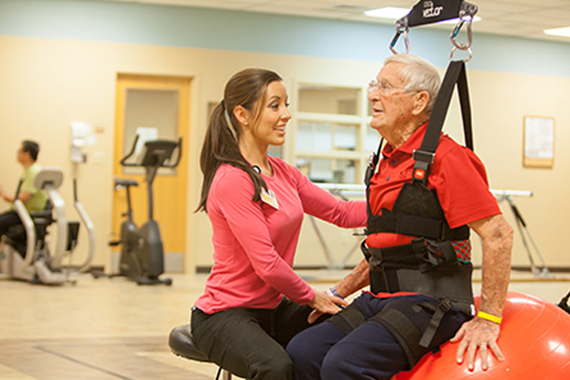
Neurological rehabilitation is designed to help treat patients with nervous system or neurological diseases. rehabilitation aims to increase function, reduce debilitating symptoms, and improve a patient’s quality of life. The types of rehabilitation treatments recommended depend on the areas of the body affected by the neurological condition.
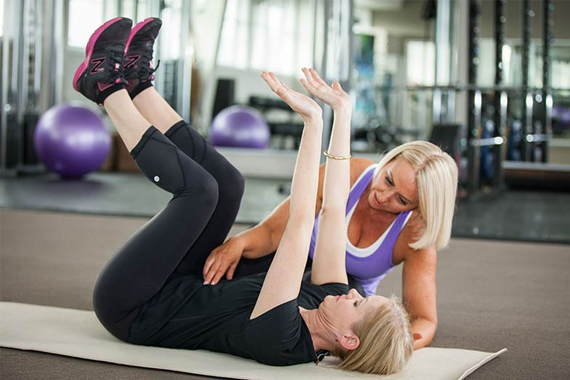
Having good posture is about more than looking good. It helps you to develop strength, flexibility, and balance in your body. These can all lead to less muscle pain and more energy throughout the day. Proper posture also reduces stress on your muscles and ligaments, which can reduce your risk of injury.
Improving your posture also helps you become more aware of your muscles, making it easier to correct your own posture. As you work on your posture and become more aware of your body, you might even notice some imbalances or areas of tightness
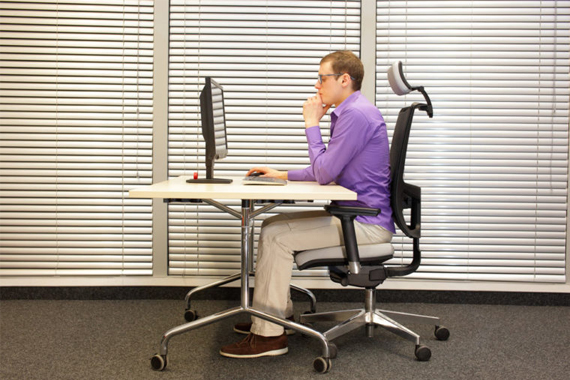
Ergonomic improvements are specific to the worker and their demands upon their body. The ergonomic demands of an office worker vary significantly from a manual job such as a labourer. An employee may be fit or physically capable for one occupation and not another. That's the basic point, we're all different shapes and sizes and our workplace setup and practices can vary on an individual basis. This is where an ergonomic assessment for the individual worker is important.
Office ergonomics don't necessarily need to involve expensive ergonomic chairs, mouse, workstation products, tools or desks. Ergonomics in the office can usually combine an ergonomic assessment and setup along with helpful preventative ergonomic advice.
Subcribe to lastest news & offer